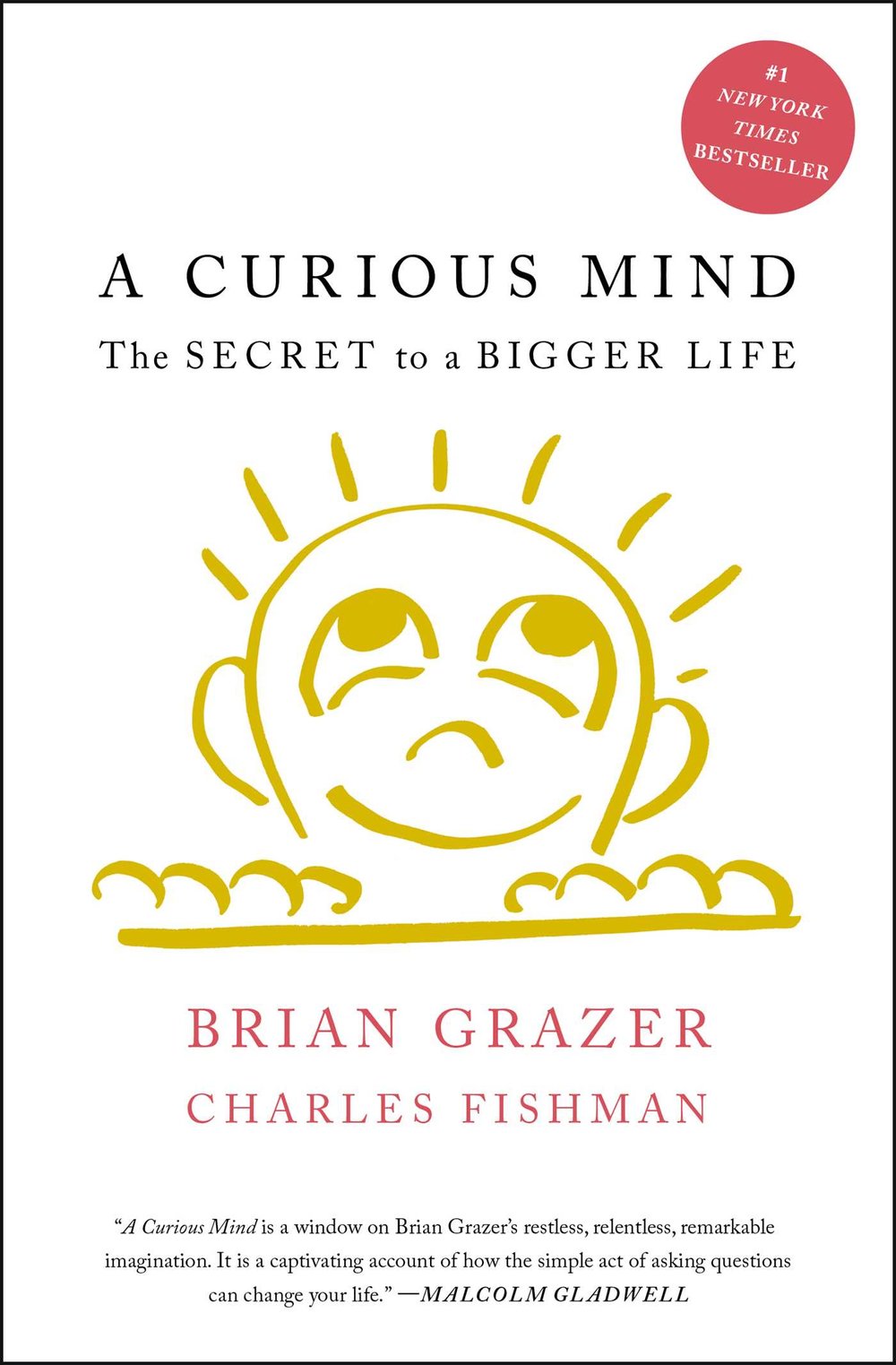
The current installment (v14) of the “What’s Interesting?” feature is here with my latest discoveries that inform, educate, and relate to organizing and life balance. I’ve included unique and inspiring next step-related finds, which reflect this month’s blog theme. You are a wonderfully engaged group. I look forward to your participation and additions to the collection I’ve sourced for you. What do you find interesting?
What’s Interesting? . . .
1. Interesting Read – Curiosity Next

Curiosity is one of the traits that I value. When I discovered A Curious Mind – The Secret to a Bigger Life by producer and author Brian Grazer, I had to read it. Grazer suggests that the power of curiosity can change your life. He says, “For me, curiosity infuses everything with a sense of possibility.” Consider this in the context of taking next steps. Curiosity involves asking questions, lots and lots of questions, without having a preconceived notion of what the answer will be. It’s about keeping a certain amount of openness for the possibility of discovering what you don’t know. Grazer realized through thirty-five years of having “curiosity conversations” with all types of people, that “…curiosity was the way to uncover ideas, it was the way to spark them.” These conversations became the seed ideas for many of his films and TV shows including A Beautiful Mind, Parenthood, Friday Night Lights, and Splash. When you’re stuck, get curious and ask questions. The idea for next is waiting for you.
2. Interesting Gadget – Fidget Next
Do you find it challenging to focus sometimes at work, home or school? If so, you’ll love the Fidget Cube. This small six-sided toy offers different types of activities on each side to play with including flip, glide, click, spin, roll and breathe. It will keep your hands occupied, your mind focused, and your stress levels low. Fidgeting could just be the best possible next step.
3. Interesting Resource – End Procrastination Next
There are so many reasons why next can elude us. One of the most common is that we might know what to do next, but we procrastinate. Fortunately, there’s a new kind of help available exclusively for procrastinators. Dr. Christine Li, clinical psychologist and procrastination coach, is a recovering chronic procrastinator who can help you “understand your struggle with procrastination and share useful strategies to help you make the important changes you want to make in your life.“ End the procrastination loop with strategies and support so that you can get to next.
4. Interesting Product – Play Next
One of the cleverest products I’ve recently discovered is Nimuno Loops, a Lego-compatible tape. It’s currently being crowd funded through Indiegogo and is not yet available to purchase. The tape lets you turn any surface into a Lego-building base. This inspired product unleashes your ability to play anywhere at anytime. When you’re feeling stuck and are not sure what your next step will be, consider the power of play. Toss a ball, build with blocks, or swing on a swing. Embrace the play-mode to unclog the mind.
5. Interesting Thought – Be Next
Sometimes in thinking or ruminating about next, we can lose sight of the present moment. Now is what’s here. Notice where you are, what you’re experiencing, and what you’re feeling. Be mindful. Be in this moment. Next will arrive soon enough.
What are your interesting finds? Which of these resonate with you? I’d love to hear your thoughts. Come join the conversation!













